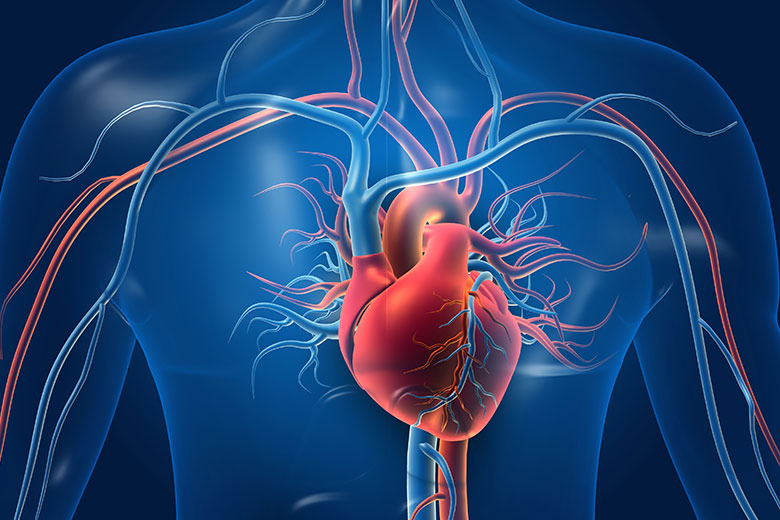Chronic inflammation is a major contributor to cardiovascular disease, and can also impact response to therapeutic intervention. Atherosclerosis, for example, is the dominant cause of heart disease. It is characterized by prolonged inflammation in the arteries and a build-up of plaque in the inner lining, resulting in the thickening or hardening of arteries.
Emerging research shows that a deficiency or lack of resolution signals, like SPM molecules, may contribute to the pathogenesis of cardiovascular disease. Therefore, new strategies to promote resolution of inflammation may offer unique opportunities to combat chronic inflammation associated with the condition.
Because SPMs are critical drivers in inflammatory resolution, there is rising interest in their role in cardiovascular disease, including progression and severity of the condition, and treatment responses. Many existing studies have investigated the relationship between omega-3 fatty acids and heart health, demonstrating that supplementation significantly lowers the risk of ischemic events, including cardiovascular death, in patients with elevated triglyceride levels despite statin therapy. However newer trials are now also exploring the benefits of SPMs specifically to confirm the role of SPMs in cardiovascular inflammatory health conditions.
